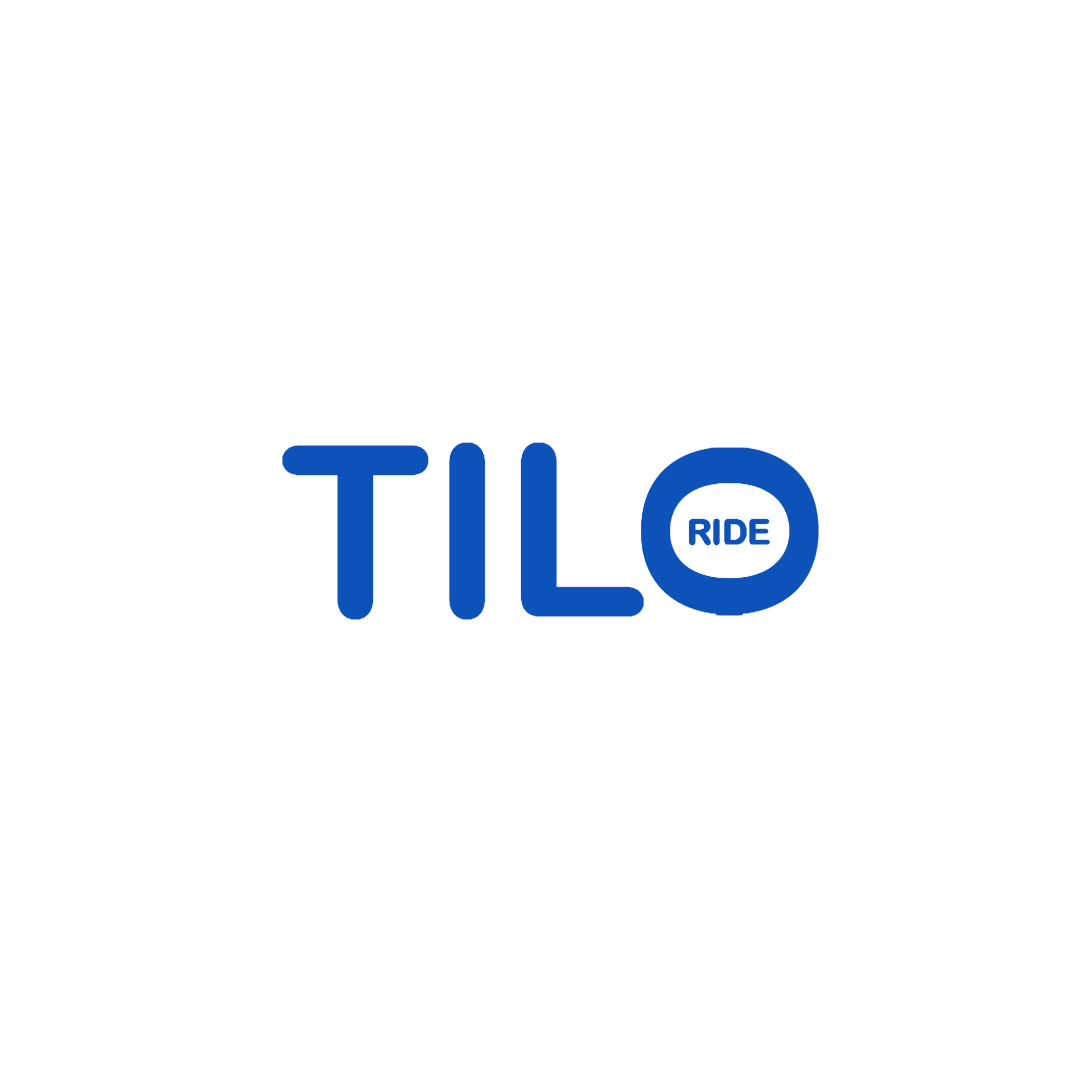In Nigeria’s competitive ride-sharing market, TiloRide has emerged as a powerful alternative to global giants like Uber and Bolt. While these international platforms have made transportation more accessible, TiloRide brings a unique local perspective that resonates with both riders and drivers across the country.
1. Localized Pricing for Nigerians One of the most important ways TiloRide stands out is through its pricing model. TiloRide was built with the Nigerian economy in mind, offering more flexible and affordable fare options compared to Uber and Bolt. With lower commission rates for drivers and dynamic fare controls that account for local purchasing power, riders benefit from lower costs while drivers keep more of what they earn.
2. Broader Range of Services Unlike Uber and Bolt, which primarily focus on ride-hailing, TiloRide has diversified its platform to include multiple services such as bike rides, car rides, truck and heavy machinery services, parcel delivery, and food delivery. This full-service model provides users with one app for all their transport and logistics needs, making it a more versatile tool in everyday life.
3. Culturally Relevant Support and Communication TiloRide understands Nigerian culture, language, and challenges. Customer support is locally based, available in English and local languages, and tailored to quickly resolve user issues. In contrast, international platforms often rely on global support centers, which may not fully grasp the local context or urgency of the issue.
4. Driver Empowerment and Community Engagement TiloRide focuses on empowering drivers with better earnings, safety nets, and educational tools. It also hosts community events, training workshops, and support programs that help drivers grow financially and professionally. Many drivers feel a stronger sense of belonging and value working with a company that treats them as partners rather than just numbers.
5. Adapted Safety Measures for the Local Environment TiloRide incorporates safety features that reflect the realities of Nigerian cities. From real-time GPS tracking and emergency SOS buttons to mandatory driver background checks and rider verification, safety is woven into every journey. The app also partners with local insurance companies to provide coverage that protects both parties during a ride.
6. Commitment to Local Development While Uber and Bolt primarily send profits back to their home countries, TiloRide reinvests in local communities, creating job opportunities and building digital infrastructure that supports Nigeria’s economic growth. This commitment gives users and businesses more reason to support homegrown innovation.
In summary, TiloRide isn’t just another ride-sharing app—it’s a Nigerian-built solution created to serve Nigerian people. With affordable pricing, diverse services, and a deep understanding of local needs, TiloRide is transforming mobility in a way that truly works for Nigeria.

